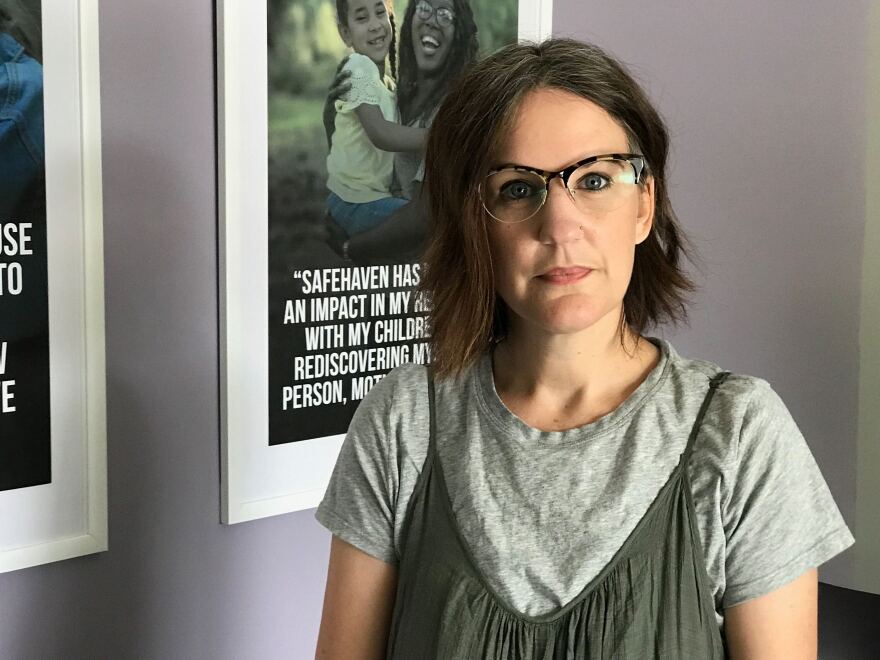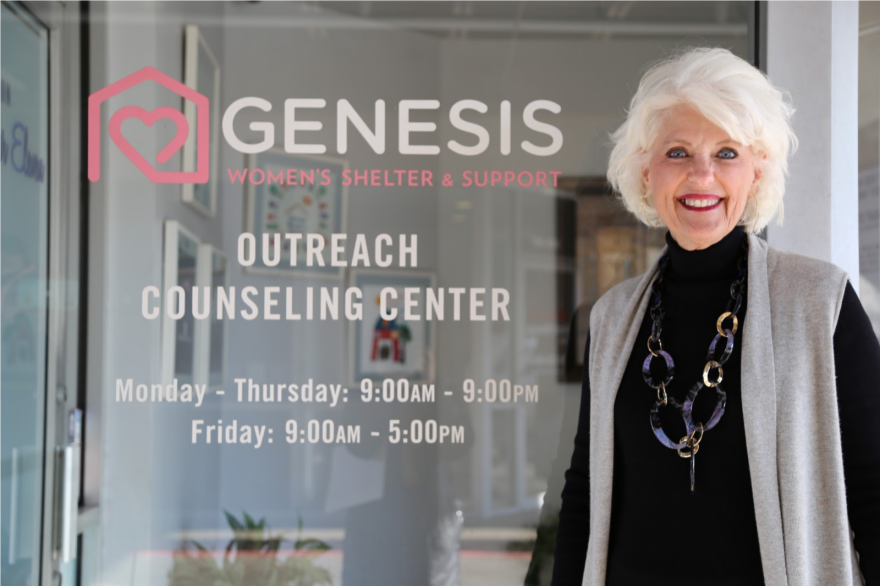Since the start of the pandemic, SafeHaven of Tarrant County, a nonprofit that focuses on domestic violence support and prevention, has said that calls for help have increased by 30%.
On top of that, SafeHaven has reported that domestic violence-related homicides have reached an all-time high in the county.
“Sadly, I would say that our trends are probably on par with increases across the rest of the country,” said Kathryn Jacob, president and CEO of SafeHaven.
Until this year, 2016 was Tarrant County’s worst year for domestic violence homicides. That year, 16 people were killed — but this year, 17 people have already been killed by an intimate partner.

“We have seen a dramatic spike in domestic violence or intimate partner homicide” Jacob said. “We believe that number is more than double the number of intimate partner homicides we saw in 2019.”
According to the Fort Worth Star-Telegram, efforts to decrease intimate partner homicides really kicked into gear in Tarrant County in 2017. And by the end of that year, domestic violence-related homicides had dropped to 12.
The Star-Telegram also reported that in 2018 and 2019, only eight people each year were victims of intimate partner homicide. And Jacob points out that from September 2019 to March 2020, zero men or women were found to have died from domestic violence in Tarrant County.
“Our goal is to be able to go 12 months without an intimate partner homicide,” Jacob said. “And we had gone six months, so we were feeling pretty good about our progress — and then the pandemic happened.”
Jacob said, back in March, calls and requests for lifesaving shelter shot through the roof at SafeHaven. And at the same time, other North Texas domestic violence shelters reported being out of space and out of cleaning supplies. All of them needed food and money.
SafeHaven and another local shelter, Genesis Women's Shelter, specifically warned the coronavirus outbreak could lead to even more domestic violence.

"Unfortunately, for women who are living in abuse, their abusers are probably at home as well," said Jan Langbein, the CEO and founder of Genesis Women's Shelter in Dallas. "We know that makes it harder for an abused survivor to get out. We also know that increases the possibility of violence happening."
That prediction turned out to be true in Tarrant County. But Jacob said there were other factors too, like men being arrested for domestic violence but then being released because of jails being coronavirus hotspots.
“Because of the ‘shelter-in-place culture’ we’re living in right now, domestic violence survivors literally have less of a chance to walk out of the door of the homes they’re living in with their abuser,” Jacob said.
Still, she doesn’t only blame the coronavirus for the increase in domestic violence-related homicides.
“Unemployment doesn’t cause domestic violence. Substance abuse doesn’t cause domestic violence. Mental illness doesn’t cause domestic violence. What causes domestic violence is a power differential,” Jacob said.
Jacob said the pandemic’s often made power differentials between partners larger, because of isolation. She said many survivors feel lonelier than ever, and if you want to help, the easiest thing you can do is pick up the phone and check in on the people you love.
If you’re experiencing abuse or partner violence and need help, call the National Domestic Violence Hotline at 1-800-799-7233, or you can chat with an advocate on their website. SafeHaven of Tarrant County's crisis hotline is 1-877-701-7233, and resources are available on their website.
Got a tip? Email Hady Mawajdeh at hady@KERA.org. You can follow Hady on Twitter @hadysauce.
KERA News is made possible through the generosity of our members. If you find this reporting valuable, consider making a tax-deductible gift today. Thank you.






